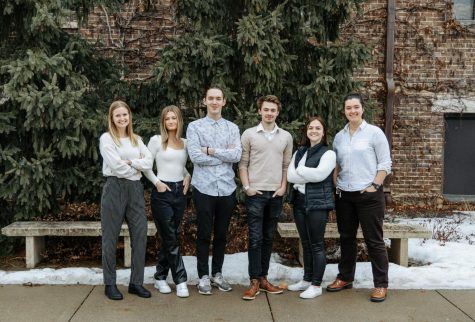WSU community discusses university sustainability
Disposable masks, for example, became an issue at Winona State. Some people litter disposable masks across campus, polluting the planet and even endangering animals.
September 29, 2021
According to the United Nations, “Climate change is the defining crisis of our time and it is happening even more quickly than we feared.”
While the Winona State University administration and students are working against this crisis, there is still more action to take.
Robin DeVinney taught biology at Winona State for 30 years. She is retiring May 11, 2022. DeVinney offered her perspective on Winona State’s environmental programs.
“The administration has gotten away from its role of supporting education and has become only a budget pushing entity,” DeVinney said. “If they weren’t doing that, they could concentrate on the environment a little bit, but they’re totally budget oriented.”
One thing DeVinney suggested to modify was the recycling dumpsters. DeVinney said that at times when students and staff are recycling more than usual there is not enough space for recyclable goods. The remaining recyclable items that do not fit get discarded in the trash.
However, some faculty disagree and say Winona State administration is making efforts to be more sustainable.
Jeanne Franz, director of the sustainability study program and chemistry department chair for 25 years, said, “They’ve [the administration] actually been very supportive of sustainability efforts.”
Four years ago, Winona State hired a full-time director of sustainability, Nathan Engstrom. Franz said Engstrom is currently “embarking on a project that will end up reducing the carbon footprint of Winona State by 25%.”
Beyond institutional changes, Elizabeth Lindow, president of environmental club and ecology major, with minors in communications and psychology, said students can do a lot to help the environment too.
DeVinney, Franz and Lindow encouraged students to change their daily habits; walk more, compost, rideshare, switch to reusable products and recycle. These changes come with many benefits.
DeVinney also urged walking instead of driving, which reduces CO2 emissions that damage earth’s atmosphere and contribute to climate change.
“People are the climate crisis: people flying and people driving,” DeVinney said.
The Sustainable Composting Research at Princeton (S.C.R.A.P) Lab said, “composting organic waste versus landfilling it can reduce more than 50% of carbon dioxide-equivalent greenhouse gas emissions.”
Composters are available to students at the greenhouse located in the Science Laboratory Center (SLC) and at the environmental club’s Sustainable, Edible, Education Discovery (SEED) garden behind the Quad Complex (Morey-Shepard, Conway and Richard Halls) and across from the SLC.
Switching to reusable products not only saves money, but also prevents pollution and saves energy. Disposable masks, for example, became an issue at Winona State. Some people litter disposable masks across campus, polluting the planet and even endangering animals.
According to Anna Trafton with the Massachusetts Institute of Technology (MIT) News, “The Covid-19 pandemic is estimated to generate up to 7,200 tons of medical waste every day, much of which is disposable masks.”
Multiple sources, including People for the Ethical Treatment of Animals (PETA) report wildlife not only getting ensnared within the straps of discarded disposable masks, but many are also ingesting them.
To fix this problem, students can properly dispose of masks in the trash, as they are not recyclable or, better yet, make the switch to a reusable mask.
Recycling, further preventing pollution and conserving natural resources is another great way to be environmentally friendly. Lindow spoke to the importance of knowing how to correctly participate.
“I think a lot of students aren’t totally educated on how to properly recycle or what can be recycled… A lot of times I see items not being washed out, so that actually contaminates anything that can be recycled, so that entire lot has to be discarded,” Lindow said.
For students who are confused about proper recycling procedures, information is available through the EPA website or Winona State’s environmental club.
Joining the environmental club helps make eco-conscious changes throughout campus. One of the club’s goals this year is to reduce water sprinkler usage. Lindow said, “We actually want to try to replace those sprinklers with rain barrels… It’s super sustainable and reduces water waste.”
Lindow also stressed the importance of political action in encouraging sustainability.
Students looking to make a larger impact should vote in favor of environmentally friendly bills, Lindow added. “Without support, they [legislators] can not pass any green bills.”
Gene Pelowski of the United States House of Representatives and Jeremy Miller of the United States Senate are the local legislators representing Winona County. Pelowski and Miller’s contact information is available on the Minnesota Legislature website.
There is a large-scale issue at hand regarding the fate of our environment; the top five newspapers in the United States, evaluated by database company Statista, all published articles about climate change this week.
Swedish environmental activist Greta Thunberg said, “We can’t save the world by playing by the rules, because the rules have to be changed. Everything needs to change – and it has to start today.”
Winona State is changing to lower its carbon footprint. Now it is up to the students.
“You can’t save the world, but you can choose something that’s happening and reverse it. If 100 people do that, it adds up,” DeVinney said.




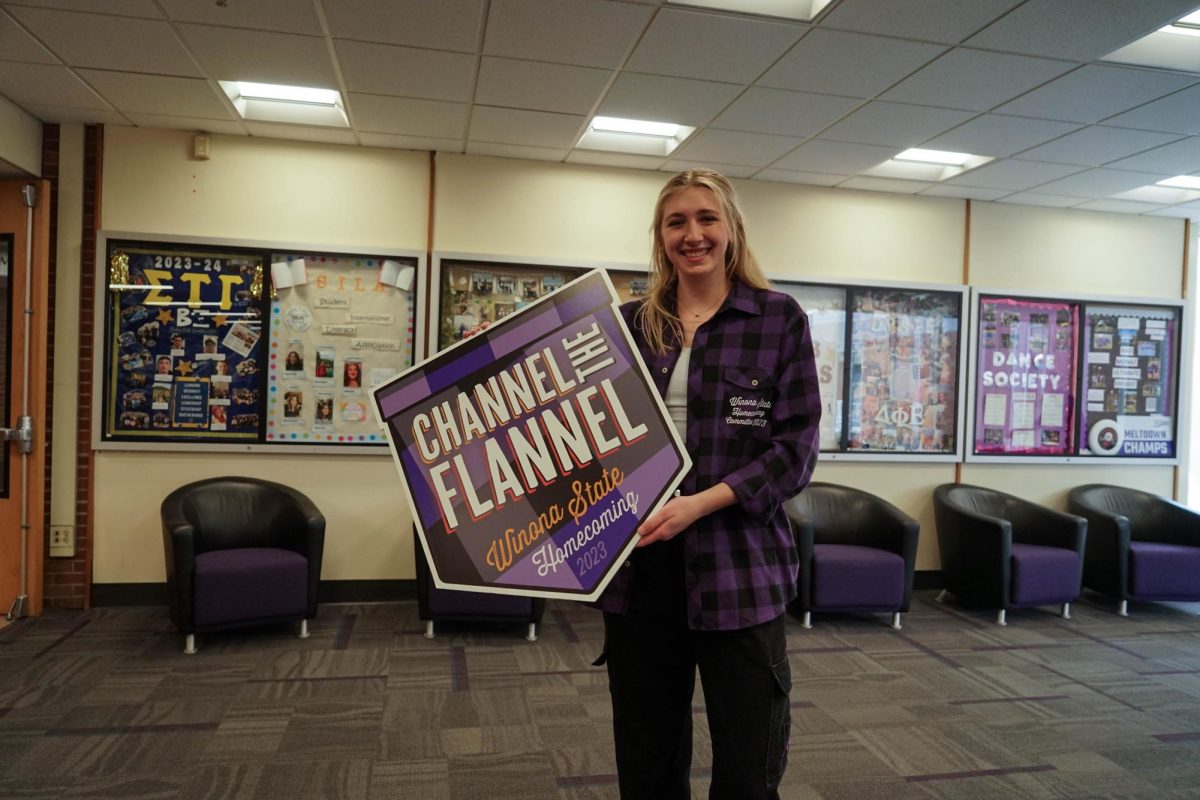
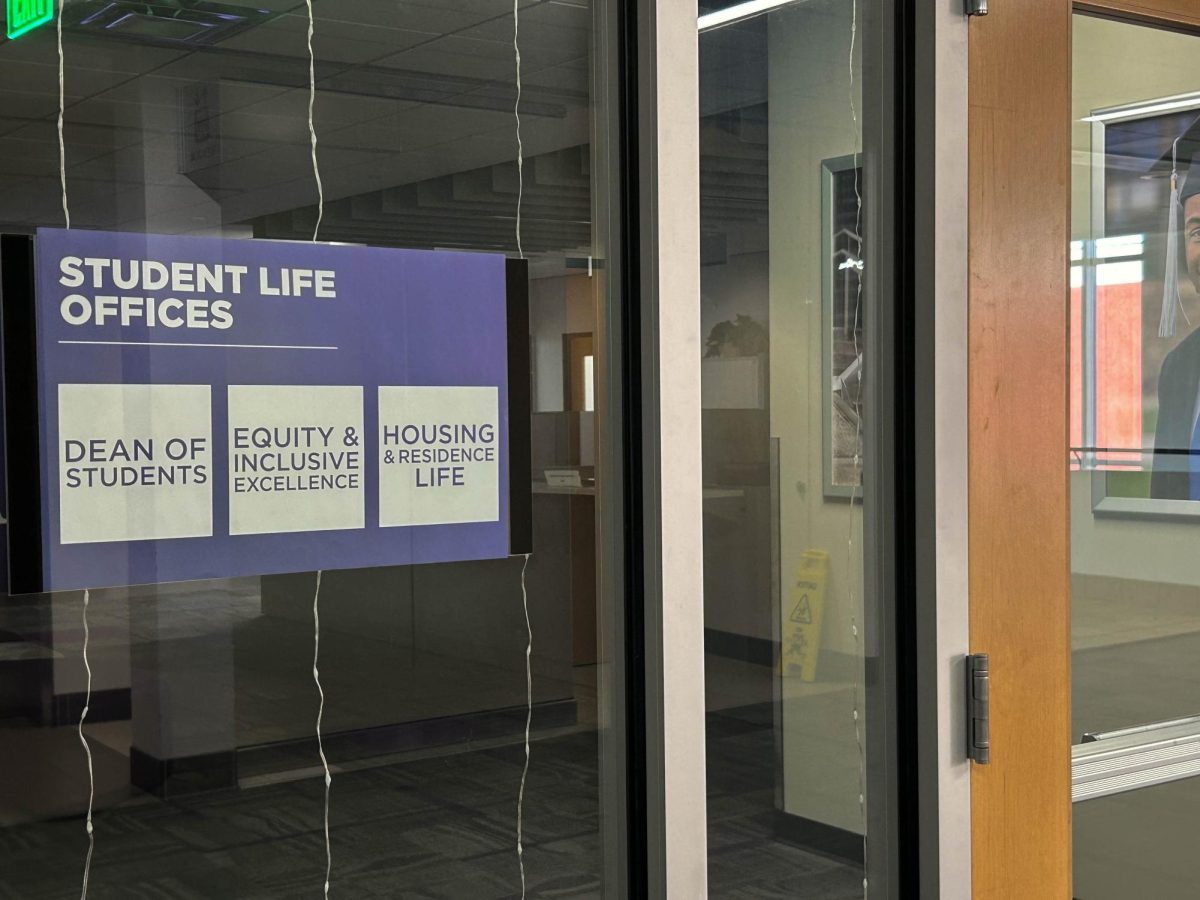




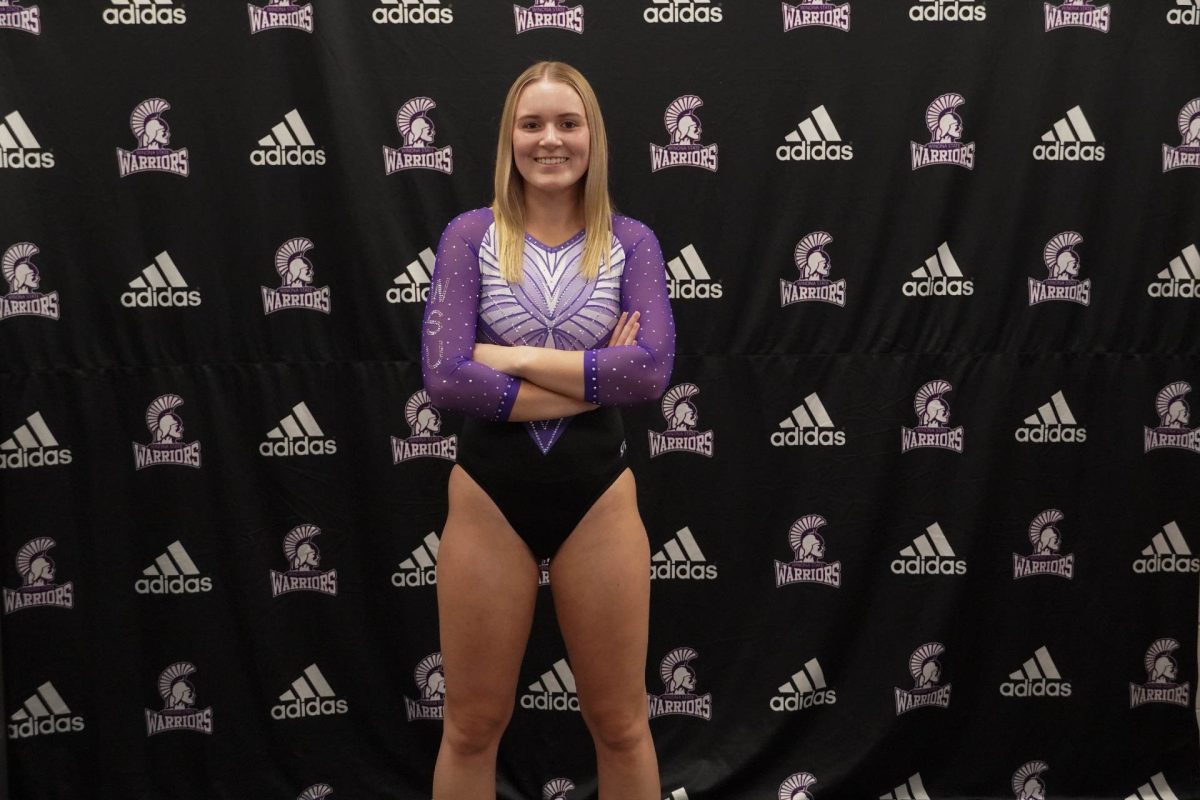

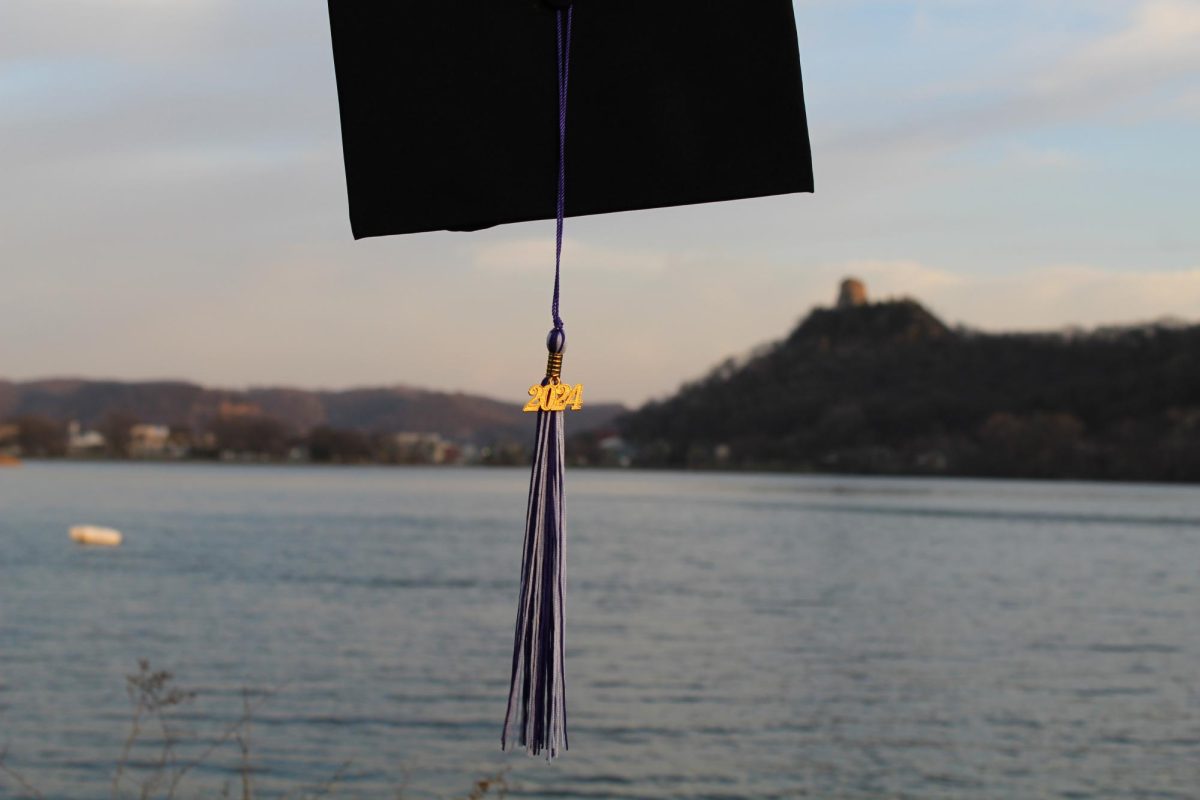
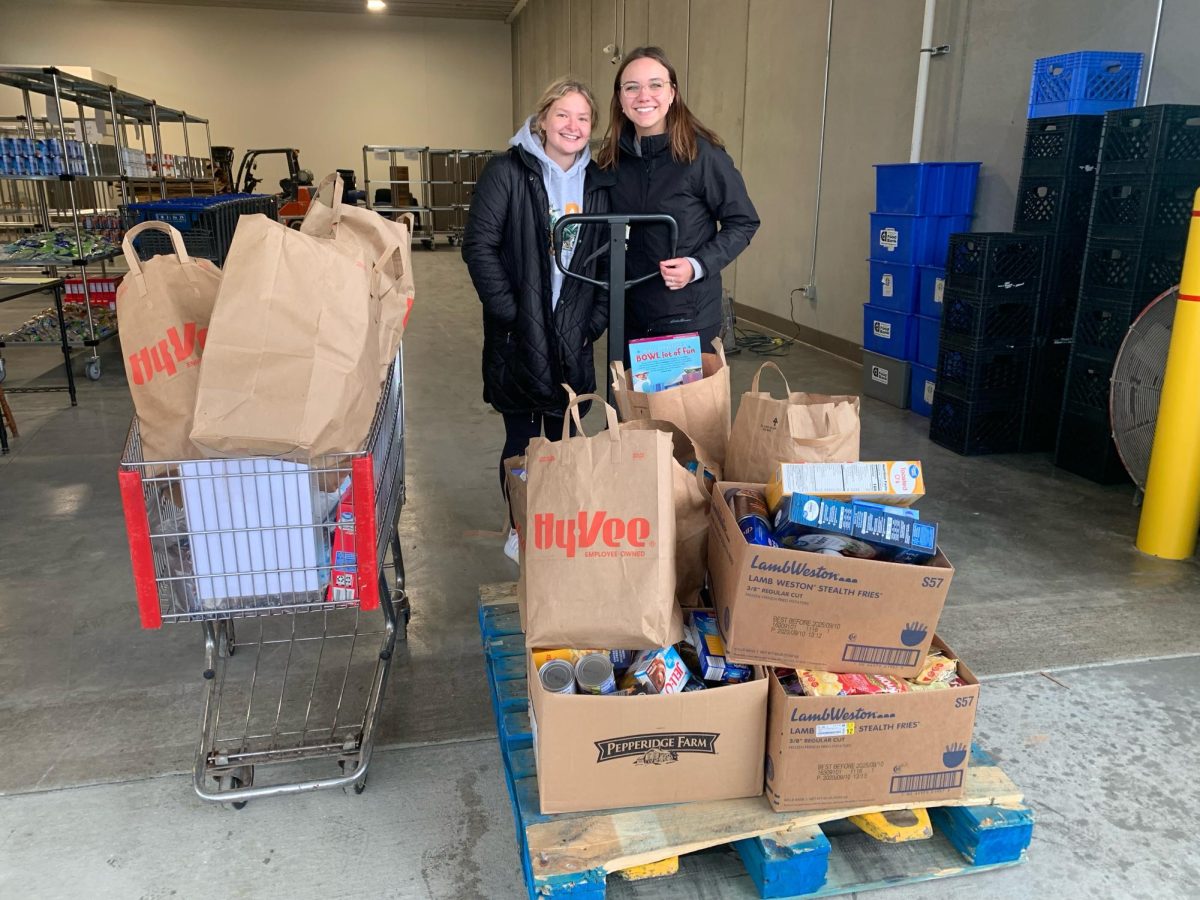


















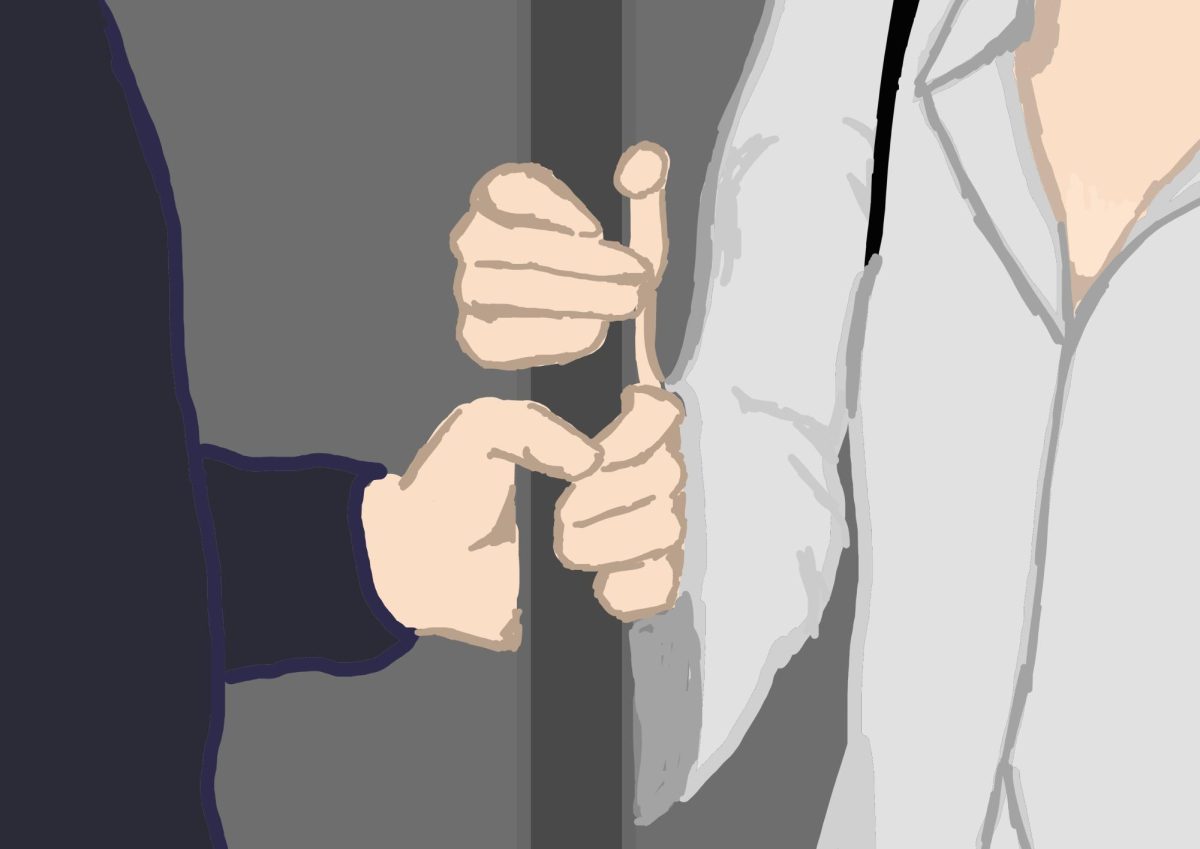





















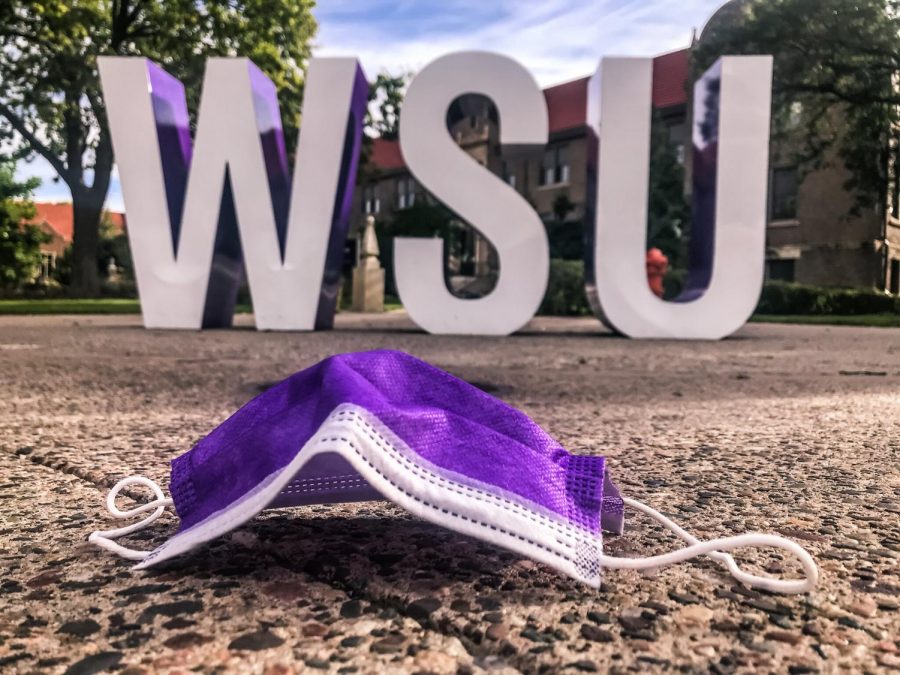





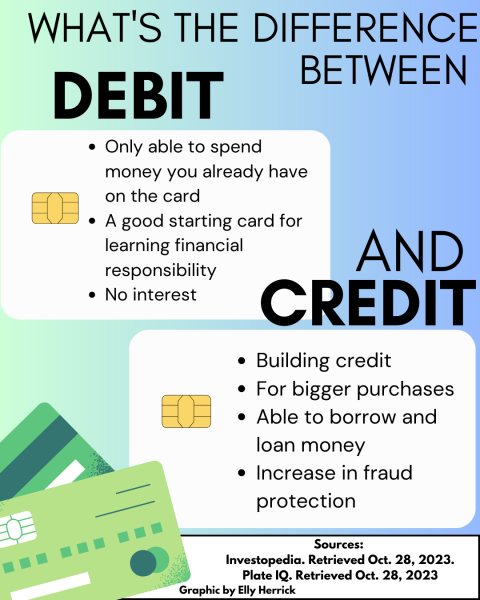
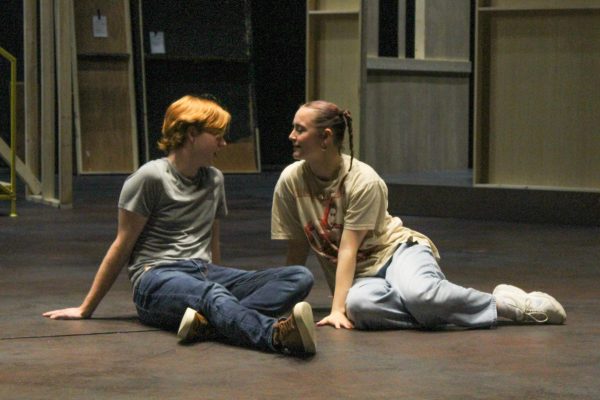
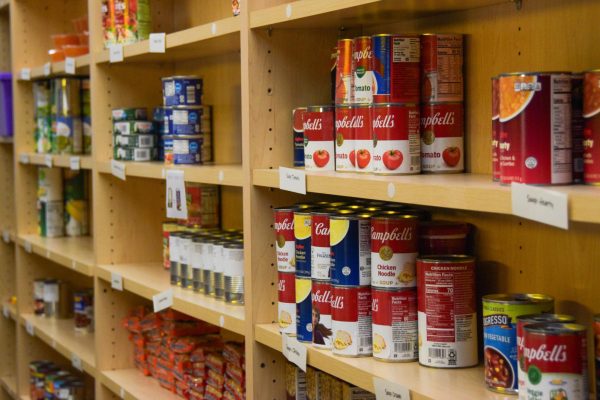
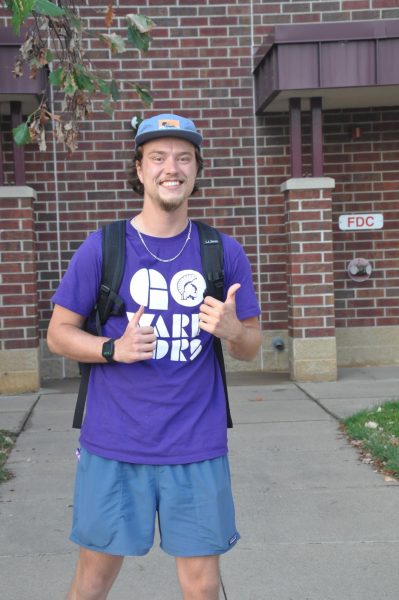
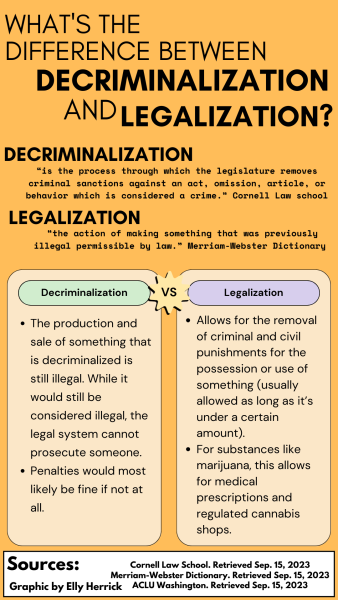
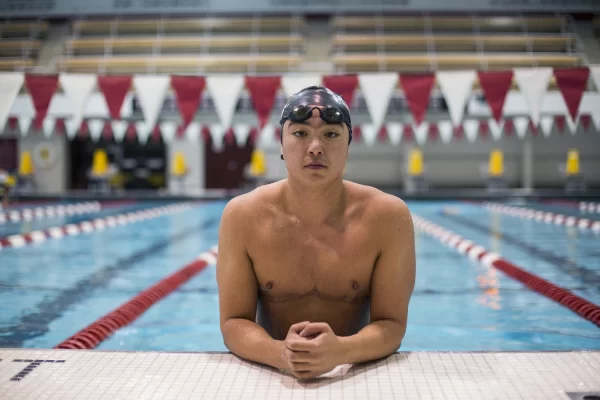
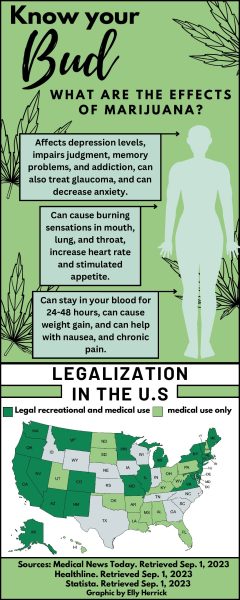
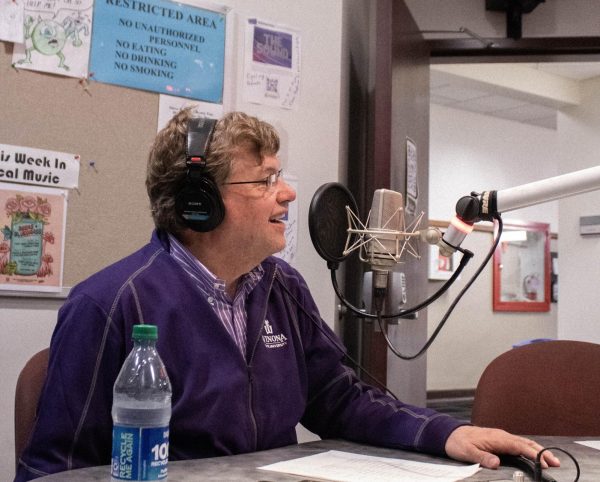
![“[Dr. Berg] you have done an amazing job of building this program and I have always been in awe at your ability to find resources in all sorts of nooks and crannies including your own pocket to bring to campus an amazing women’s history month program,” Dr. Hyamn said.](https://winonan.org/wp-content/uploads/2023/04/52844059083_5f6fb6176d_o-475x344.jpg)
